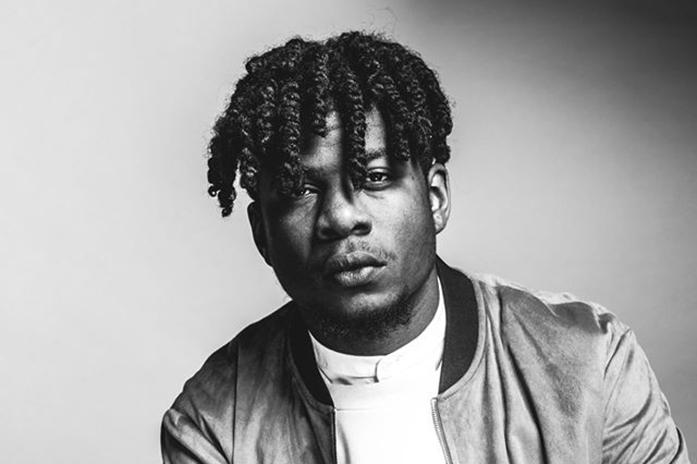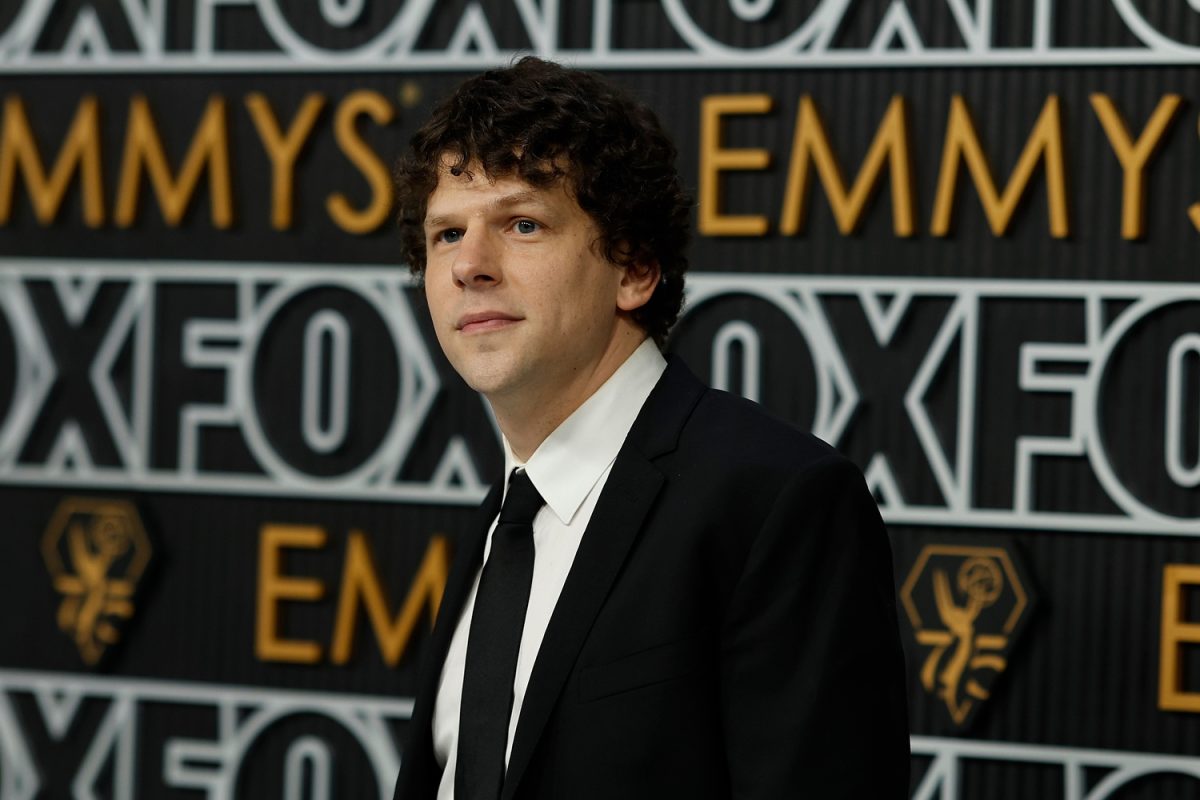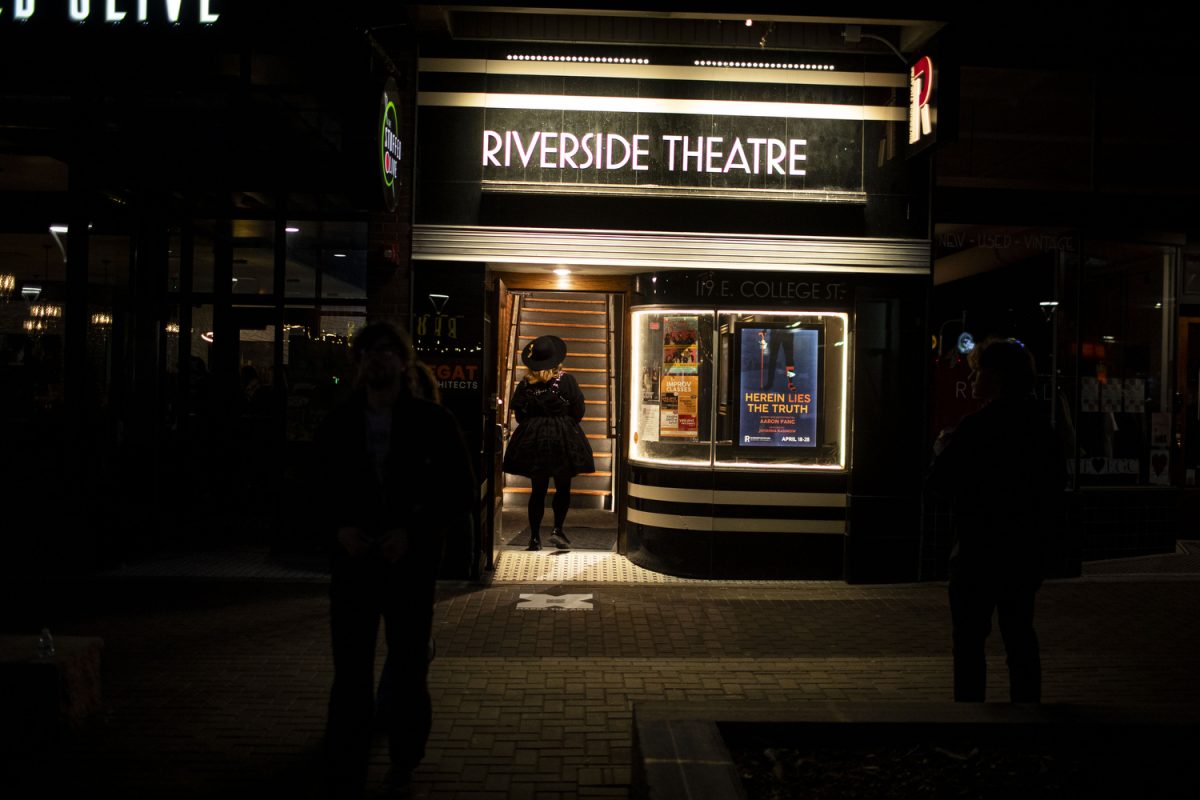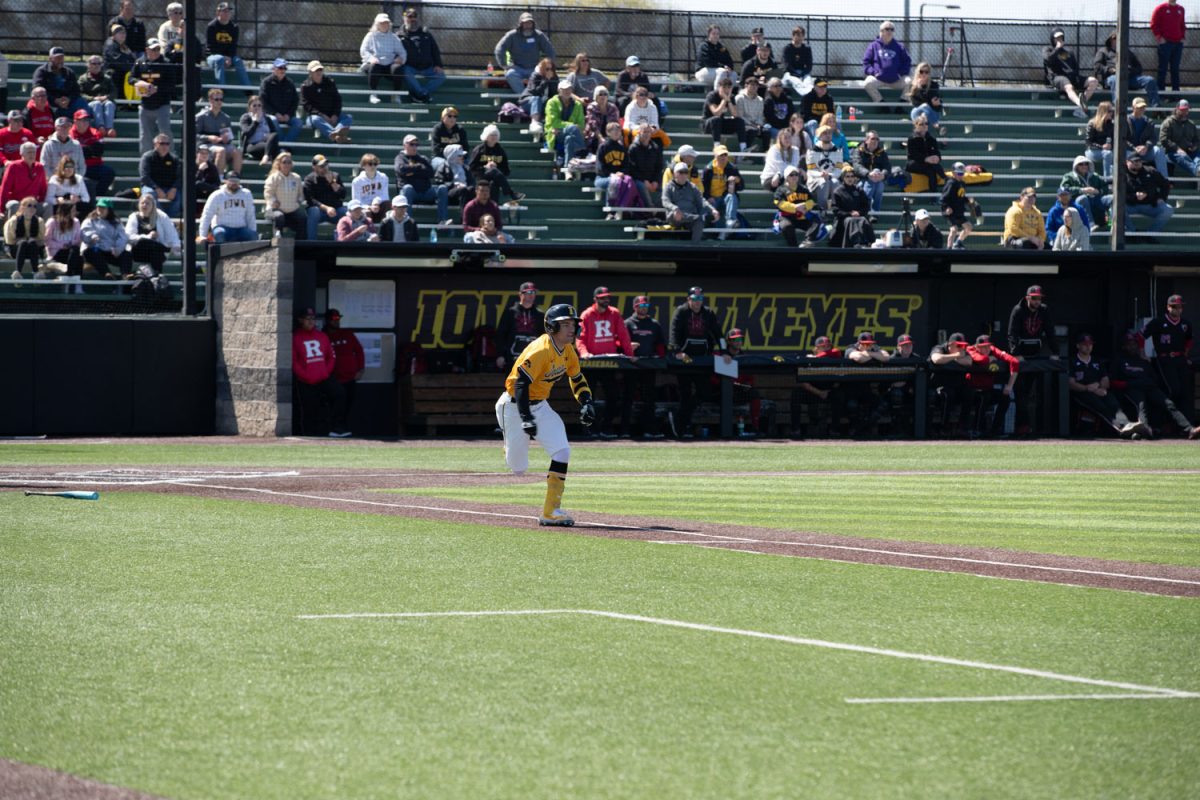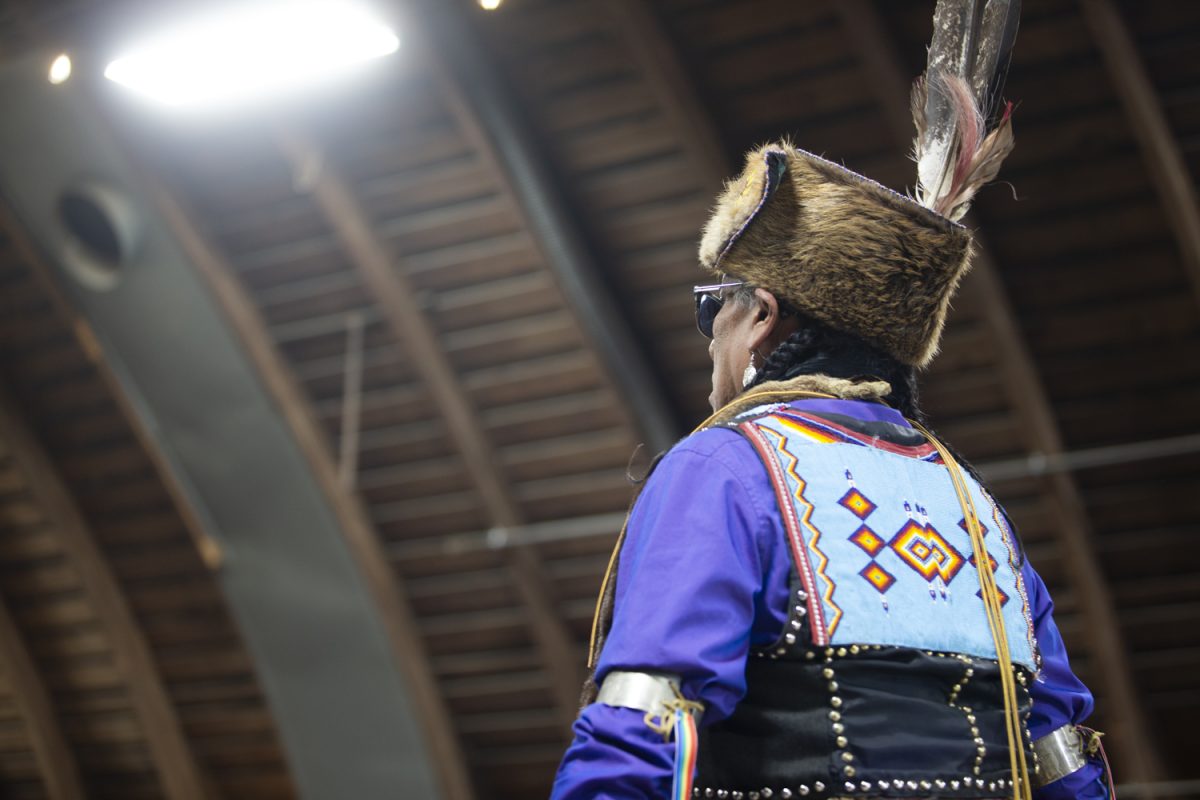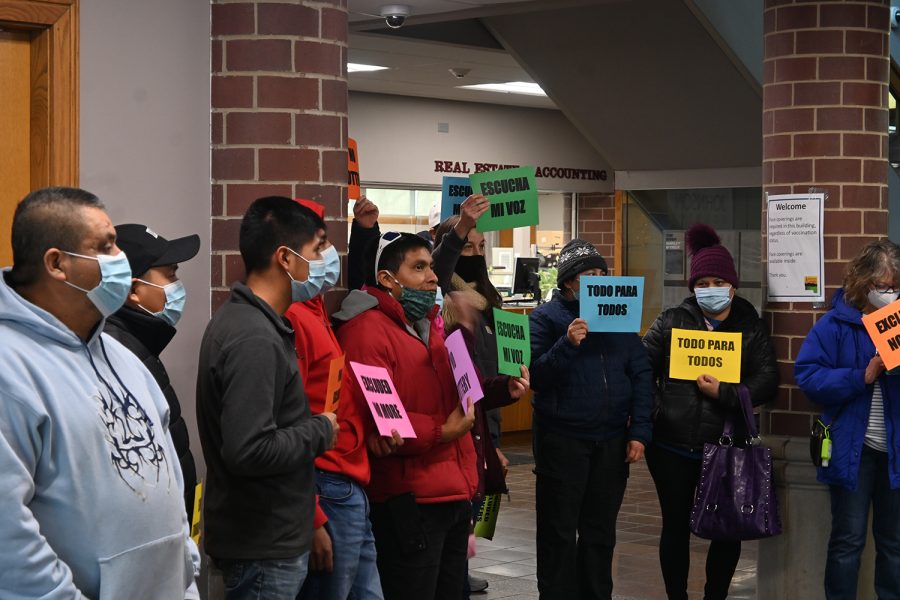Mick Jenkins performed at Blue Moose Sunday.
By Girindra Selleck
[email protected]
“Tonight, you all are from the South Side of Chicago,” proclaimed a slight, tall figure dressed in a gray hoodie, raw denim, and a pair of Kanye West’s “Yeezi 350 Boost” sneakers from the stage of Blue Moose, 211 Iowa Ave.
That was Mick Jenkins, who — although born in Alabama — was raised on the South Side of Chicago and whose music is clearly influenced by his upbringing. That influence, however, is obtuse; Jenkins’s sound is largely unlike any of his peers who hail from the same area.
Where Chicago artists King Louie and Chief Keef on an artistic spectrum are defined by the popular musical styles of the city — trap and drill, primarily — Jenkins is tangential to, but not altogether removed from, this crop of musicians.
Instead of being defined by one style of rapping, Jenkins’s music comprises a number of the genre’s classical and contemporary characteristics. His strength lies in his pure rapping ability combined with a voice that has a distinctly multidimensional character to it, ranging from soft-spoken and motivational to up-front and berating of a culture overwrought with violence and death.
Rather than look for a comparable artist in his own city, it is more appropriate to travel to the West Coast and single out Kendrick Lamar as Jenkins’s peer.
Like Lamar, Jenkins thrives in this apparent-but-false dichotomy in which a rapper can’t be both socially conscious and appealing to the party crowd. Evident from the audience at Blue Moose —relatively small but clearly enamored with the man on stage, emphatically rapping every lyric to his songs — Jenkins has no problem captivating a crowd with his music.
Jenkins’s albums (of which he has two, 2014’s *The Water(s)* and this year’s *Wave(s)*, both excellent) are full of barbs aimed at the cyclical failures in modern society’s (especially the police force’s) relationship to African Americans and its inability to enact any real change in the status quo.
“Drink more water,” Jenkins repeatedly barked at the crowd on Sunday. Only in his language, the definition of water diverges from its literal meaning, instead acting as a synonym for truth, something we as a society — most visible in our complicated relationships with the media and the government — are altogether lacking.
While the message is not necessarily a new one — Jenkins is aware of this himself, as the crowd was stunned but not surprised when he signaled for his DJ to drop an incredibly well-timed sample of N.W.A.’s 1988 classic “F-ck tha Police,” complete with Ice Cube’s timely lyric beginning “a young nigga got it bad ‘cause I’m brown” — Jenkins utilizes an uncommon medium through which to deliver it.
Like Lamar in a West Coast environment dominated by YG and DJ Mustard’s party raps, Jenkins is able to draw just enough from the drill sound of Chicago to make his music enjoyable while retaining its poignancy.
Jenkins’ opener, Parisian EDM producer STWO — whose skittering, bass-heavy style is less influenced by French house and Daft Punk and more in line with undisputed king of the Soundcloud generation Mr. Carmack — began the show with a 45-minute set that ranged from Drake’s unstoppable “Hotline Bling” to more obscure electronica.
Whether deliberate or not, the most common artist in the set was Lamar himself.
One can’t help but view Lamar’s presence in the opening setlist as a premonition of things to come for Jenkins. It’s still early, but he could very well be slated to follow a similar ascent to the heights of rap royalty asLamar did.
Like Jenkins, Lamar began his career as an iconoclast and throughout his artistic evolution has retained this aspect of himself. He was one of the forefathers of an ever-growing trend in music, in which musicians focus on cultivating a cult-fan base, then expand from there (this is most notably evident in the career of the Weeknd, who could not have started as more of an outsider).
It was clear from the small but deeply invested crowd at Blue Moose something special was occurring, that they were witnessing one of the first chapters in what could very well turn into one of the most prolific rapper’s story lines in the years to come.




